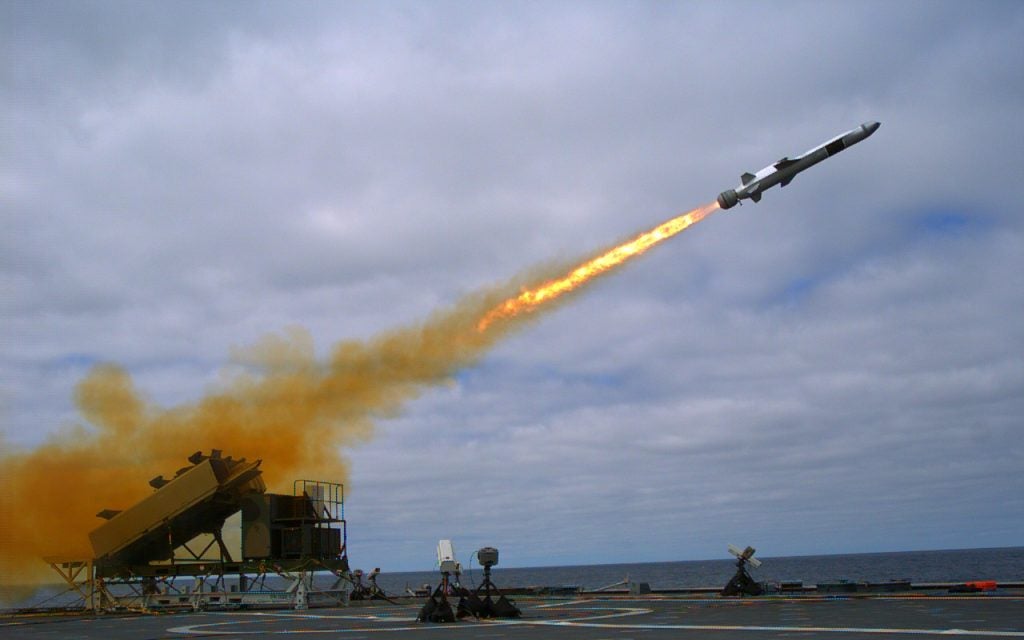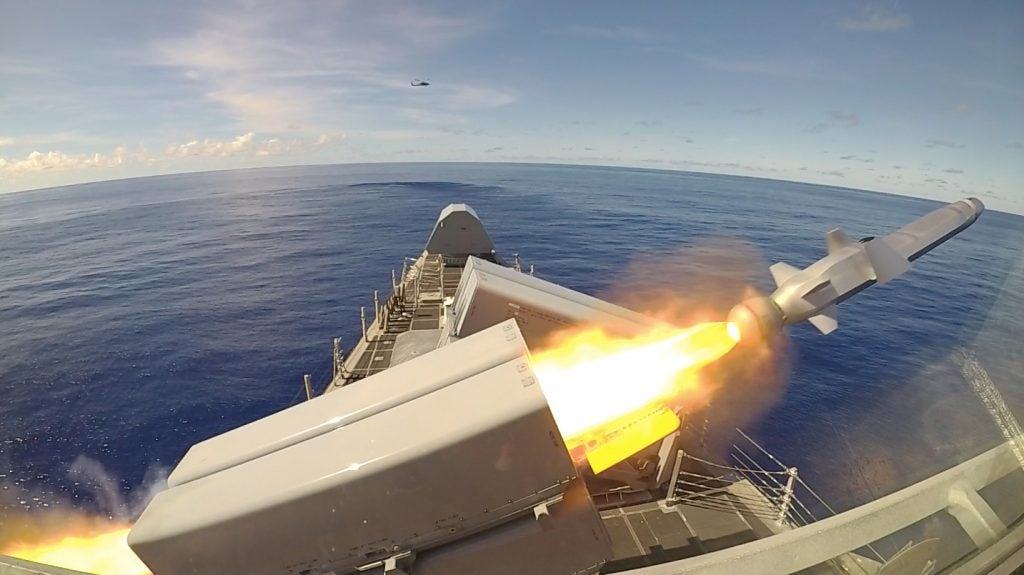State Department Clears Romania For Naval Strike Missile Purchase
The United States State Department approved Romania as a potential buyer of its Naval Strike Missile (NSM) coastal defense system, according to an announcement by the Defense Security Cooperation Agency (DSCA) on the 16th October.
The deal being reviewed would have Romania purchase a total of two NSM systems, along with supplementing equipment, for around $300 million.
The Norwegian-developed missile produced by Norway’s Kongsberg Defense and Aerospace and Raytheon is an over-the-horizon anti-ship missile with sea-skimming capabilities, meaning it is can fly over or around landmasses, travel in sea-skim mode, then make random maneuvers in the terminal phase. This flight mechanism along with its construction from composite materials, giving it additional stealth capability, makes the NSM an exceptionally hard missile to counter with missile defense systems.

“This proposed sale will support the foreign policy and national security of the United States by helping to improve the security of a NATO Ally in developing and maintaining a strong and ready self-defense capability.” The DSCA announcement read. “The proposed sale will improve Romania’s capability to meet current and future threats by improving Romania’s maritime defense capabilities in the Black Sea and increasing interoperability with the United States. Romania will use this long-range, precision strike weapon to enhance mission effectiveness, survivability, and NATO interoperability in current and future missions and operations.”
In addition to the missiles themselves, the supplementary equipment included in the proposed deal consist of ten Link-16 Multifunctional Information Distribution System (MIDS) Joint Technical Radio Systems, a fixture of NATO communications infrastructure, two Coastal Defense System Fire Distribution Centers, four Mobile Launch Vehicles, Transport Loading Vehicles, and other equipment.
The DSCA announcement itself is not a finalization of a purchase, but rather an initial executive clearance that will require congressional approval before even further negotiations over price and details can be held. If the deal is finalized, the fulfillment of the order would be mainly done by Raytheon at its Tucson, Arizona facility.

